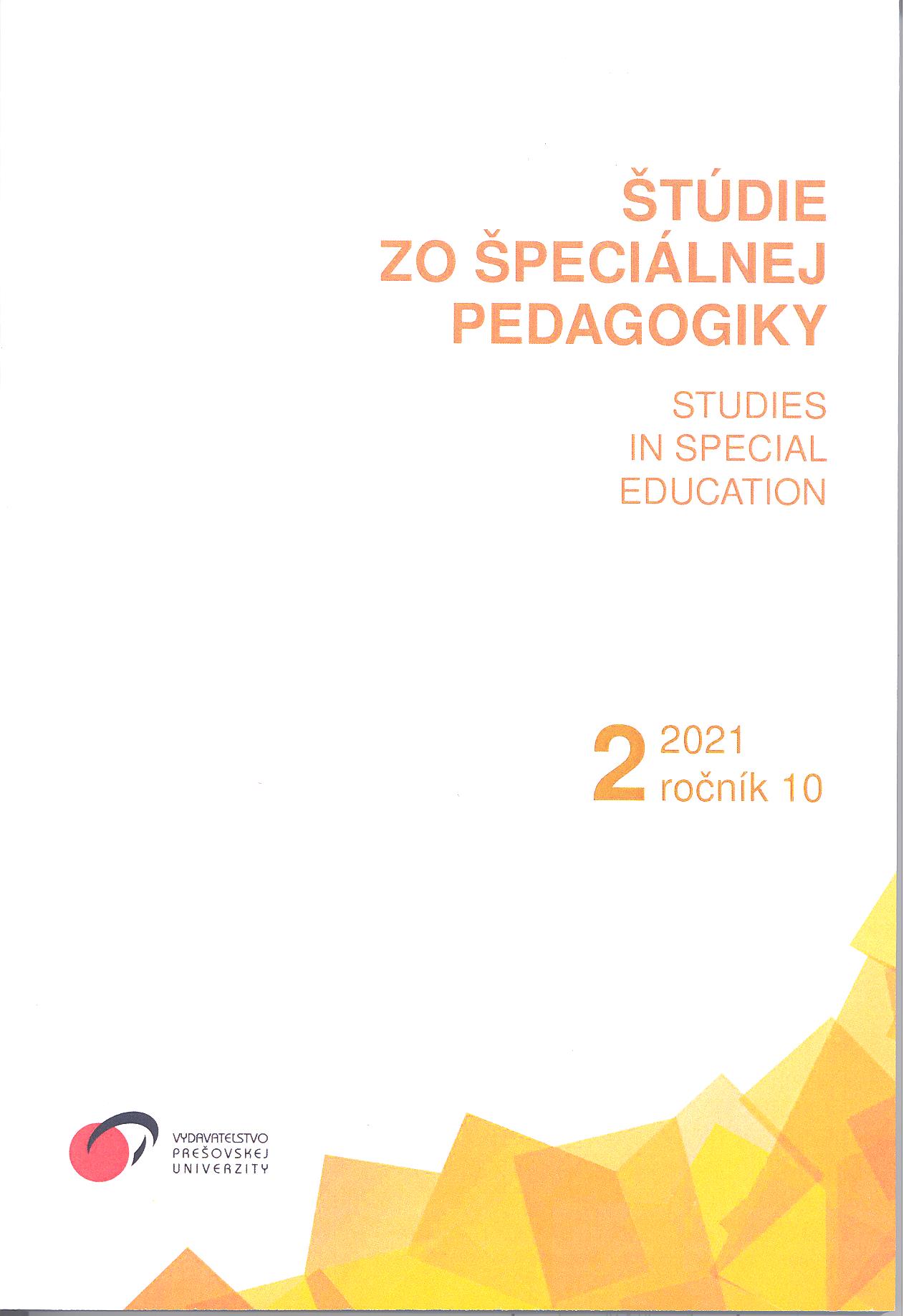A practical use of the random alternating treatments design as a package to increase compliant behavior in preschool children
A practical use of the random alternating treatments design as a package to increase compliant behavior in preschool children
Author(s): Jennifer L. Lambert, Cheryl A. Young-PeltonSubject(s): Education, Preschool education, Educational Psychology, Inclusive Education / Inclusion, Pedagogy
Published by: Vydavateľstvo Prešovskej univerzity v Prešove
Keywords: noncompliance; random alternating treatments design; antecedent modifications; advance notice; behavioral momentum; task-choice; preschool; pre-referral; response to intervention; special education;
Summary/Abstract: Teachers of preschool-aged children (3 – 5 years old) are often concerned when children without previous experience attending school, display serious noncompliant behavior. In this study, antecedent interventions to increase compliance were examined and compared using a single case experimental design known as random alternating treatments. The conditions were advance notice, behavioral momentum, and task-choice. During intervention 1, the child displayed a high percentage of noncompliant behaviors indicating the need for increased proximity, eye contact and stating his name prior to making a request. These antecedent modifications were applied to all conditions during intervention 2, with an immediate increase in compliance. A generalization phase was included to test these antecedent modifications among additional staff, which resulted in continued compliance. For this participant, the task-choice condition was most effective. This study demonstrated the feasibility and practicality of the random alternating treatments design as an efficient tool to determine response to intervention during the pre-referral process to special education, eliminating over-identification of children with behavioral concerns.
Journal: Štúdie zo špeciálnej pedagogiky
- Issue Year: 10/2021
- Issue No: 2
- Page Range: 25-35
- Page Count: 11
- Language: English

